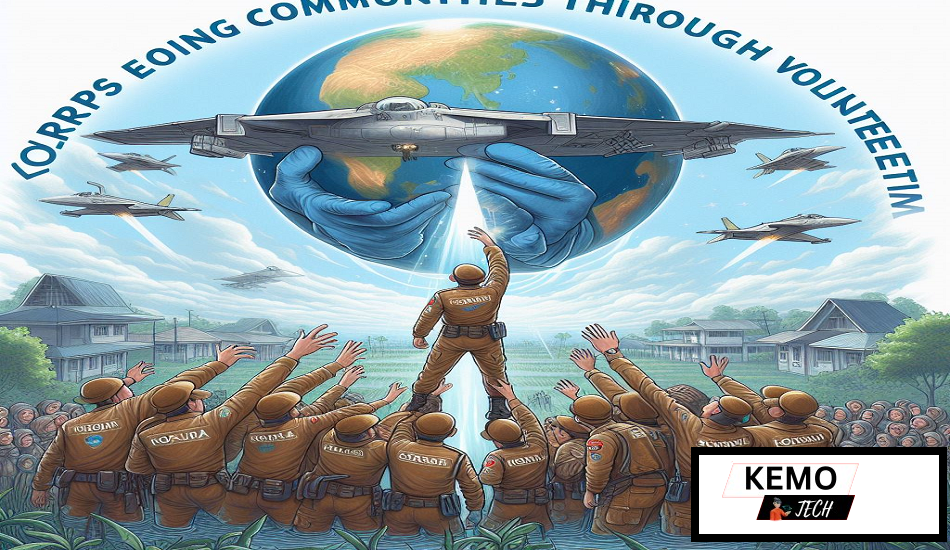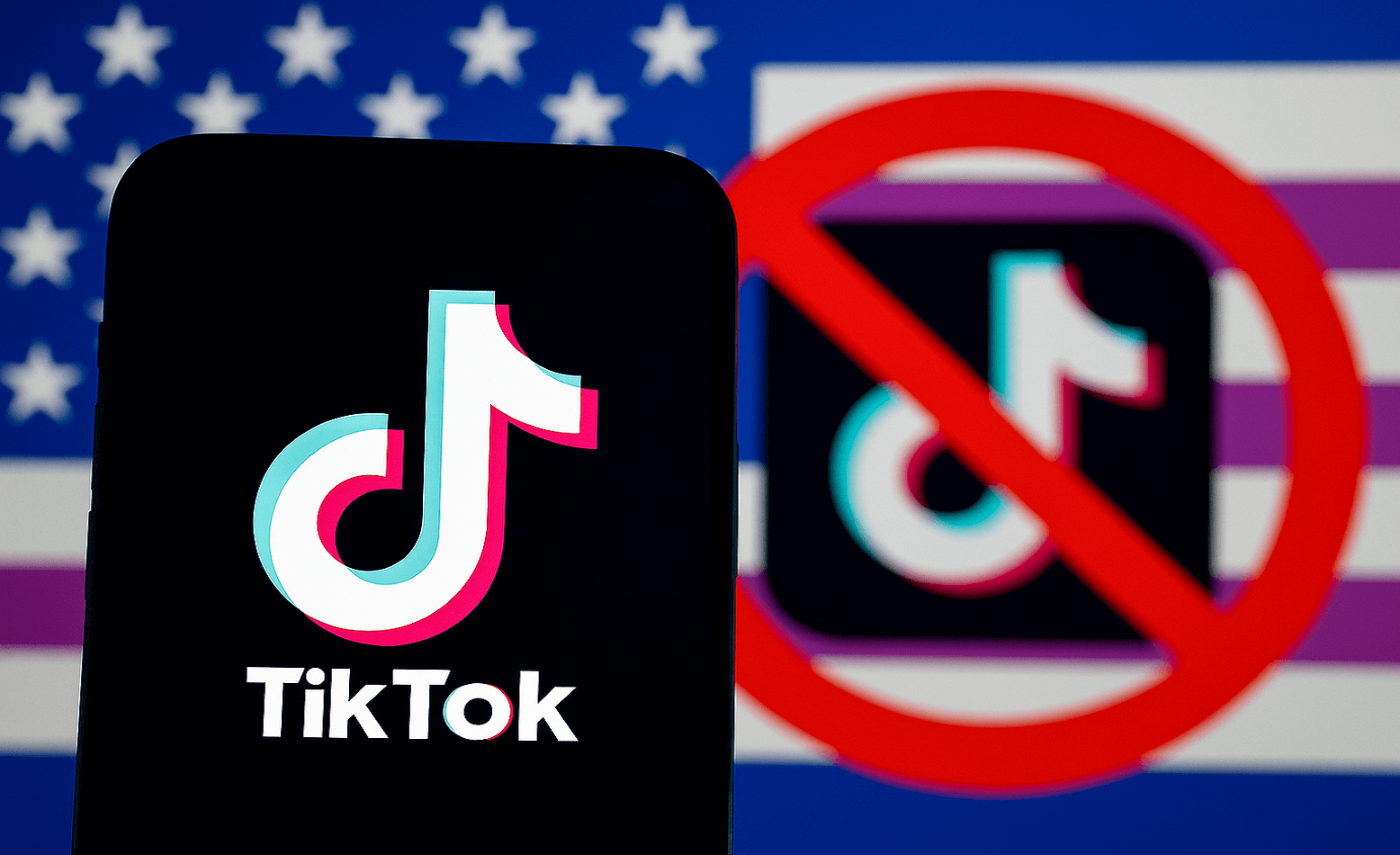Volunteerism shown by groups like Korps Sukarela (Volunteer Corps) is an integral part of Indonesian society helping to build stronger communities and stronger social bonds. Korps Sukarela personifies the principle of selfless service for the benefit of society drawing on a long lineage of cultural traditions that emphasize mutual aid and community responsibility. Korps Sukarela in Indonesia is the subject of this essay which delves into its history relevance and effects.
A Tradition of Service:
The idea of volunteering has been around for millennia in Indonesian society. In the past when faced with a similar problem communities would band together sharing knowledge and resources to find a solution. The emergence of established volunteer groups such as Korps Sukarela was facilitated by this legacy of camaraderie.
Origins and Evolution:
The origins of Korps Sukarela may be found in the early 20th century when a number of grassroots groups started coordinating volunteer efforts to meet specific community needs. Communities in Indonesia banded together after wwii and the independence movement to reconstruct and fortify their society giving these projects a boost.
Korps Sukarela rose to prominence as an umbrella organization including a wide variety of volunteer organizations as the volunteer movement progressed. Korps Sukarela is still going strong organizing thousands of volunteers to help with community development initiatives all around Indonesia on a local regional and national scale.
Pillars of Volunteerism:
Several fundamental ideas form the basis of Korps Sukarela’s doctrine and serve to direct its operations:
1.Community Empowerment: Korps Sukarela encourages local leadership and promotes participatory decision making so that communities may own their development.
2.Capacity Building: Volunteers help people in the community become more self sufficient by teaching them new skills and providing emotional support while they work to improve their existing ones.
3.Inclusivity: All members of society are given the chance to engage and contribute to volunteer activities by Korps Sukarela an organization that supports diversity and inclusiveness.
4.Sustainability: Korps Sukarela prioritizes long term effect and community self sufficiency in all of their projects.
Impact and Outreach:
Education healthcare environmental protection disaster assistance and poverty reduction are just a few of the many fields that Korps Sukarela has an influence on. Building schools and healthcare facilities promoting health awareness planting trees helping during natural catastrophes and supporting livelihood projects are all examples of the kinds of things that volunteers become involved in.
The capacity to mobilize community resources and knowledge is a significant strength of Korps Sukarela. In order to choose intervention areas and include community people in project execution volunteers often use their local expertise and networks.
Challenges and Opportunities:
Korps Sukarela has accomplished a lot but it still has a long way to go before it can achieve its goal of fostering community development and volunteering. Volunteer efforts are sometimes limited in size and scope due to a lack of funds and resources. Additionally programs in disadvantaged or rural locations often face logistical problems that make it difficult to execute them effectively.
But these difficulties also provide opportunities for creativity and teamwork.Korps Sukarela can increase its ability to make a difference by teaming up with other groups both public and private to pool resources and knowledge. Technology and social media also have the ability to increase outreach and rally support for volunteer projects.
Looking Ahead:
Volunteer groups like Korps Sukarela are more important than ever as Indonesia deals with the challenges posed by a dynamic and unpredictable global community. Amidst the challenges posed by urbanization globalization and environmental degradation the power of volunteering shines as a unifying force that brings people together regardless of their background, to work towards shared objectives. A culture of civic involvement and social responsibility must be fostered if volunteering is to remain vibrant and relevant. Creating enabling settings that encourage volunteerism, investing in initiatives to raise awareness and educate the public and rewarding and recognizing volunteers are all part of this.
Conclusion:
Collective action and solidarity are shown to have a transformational potential by Korps Sukarela. It might spark positive change and create more resilient inclusive communities by using the enthusiasm and generosity of volunteers. Let us renew our resolve to support and maintain the outstanding work that volunteers do as we honor their contributions.













